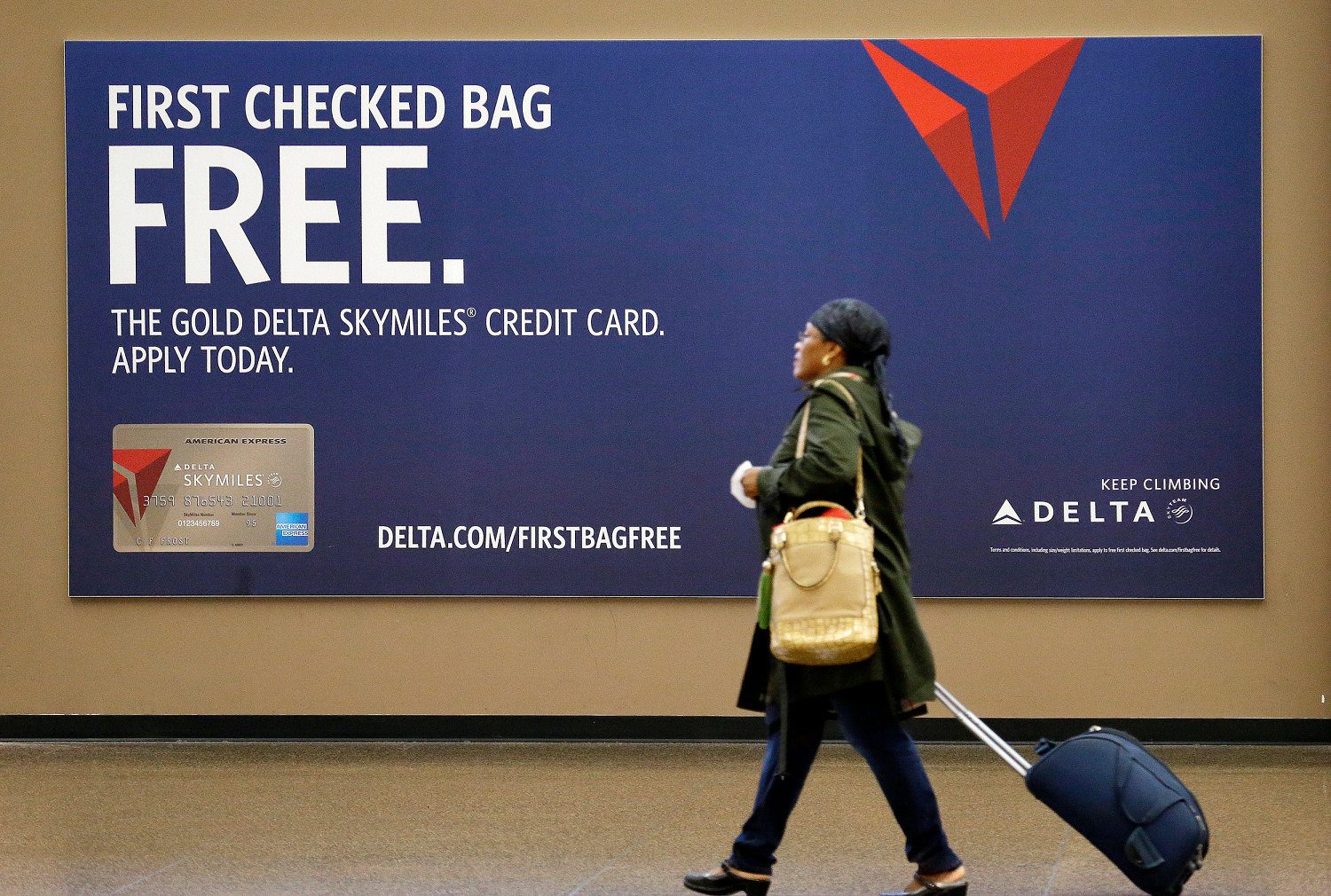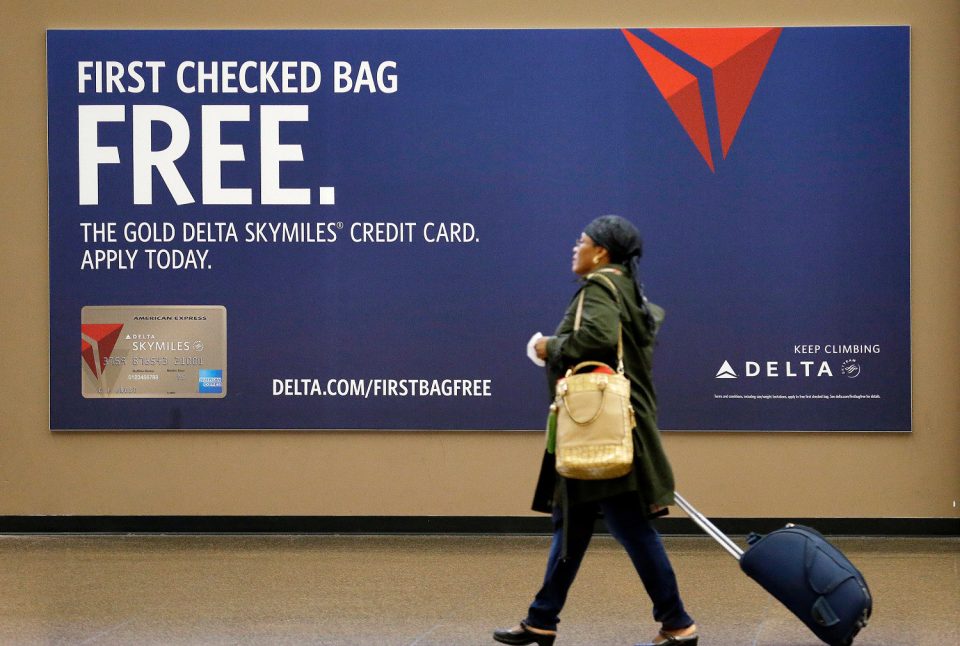
Credit card holders could be paying more in fees and interest than their travel rewards and other perks are worth, Biden administration officials are arguing, raising scrutiny on loyalty programs that shape millions of people’s spending.
The Consumer Financial Protection Bureau and the Department of Transportation held a joint hearing in Washington on Thursday that brought together representatives from airlines, financial institutions, unions and consumer advocacy groups to discuss whether new regulations are needed.
Regulators are looking into the promises made around sign-up bonuses, changes to point values, obstacles in redeeming points and loss of rewards when cards are closed. They’re especially focused on travel rewards, like those offered by airline-branded credit cards that let users rack up frequent flyer miles. Forty-one percent of Americans have travel rewards credit cards, according to a NerdWallet survey last year.
“We’re going to look into how we can make sure companies are being straightforward about what people will get from these frequent flyer miles or loyalty programs when they sign up, and whether people are actually getting the deal that they were promised,” Transportation Secretary Pete Buttigieg said at Thursday’s hearing.
The heightened scrutiny on credit card rewards is part of the White House’s broader crackdown on “junk fees” and other pricing practices, particularly in industries like financial services and airlines, that the administration sees as unfairly squeezing consumers and contributing to inflation.
In March, the CFPB lowered the late fees that credit card companies charge, drawing swift industry pushback. Two weeks ago, the Transportation Department said it would require airlines to quickly give cash refunds to passengers whose flights are canceled or seriously delayed.
The CFPB, with purview over financial institutions, has cracked down on banks for credit card sign-up bonuses before. Last July, it ordered Bank of America to pay more than $100 million for practices including withholding or denying bonus points to tens of thousands of consumers.
Federal regulators are now looking more closely at airline credit cards too. With annual fees as high as $650 and average interest rates of 25.3%, according to LendingTree, they can be much costlier than the average credit card, which in many cases have no annual fees and charge comparatively lower rates, averaging 24.7%.
CFPB Director Rohit Chopra told NBC News prior to the hearing that federal authorities could consider regulations, or even law enforcement actions, if they determine companies are breaking their promises to consumers.
“We see that for many of these airline rewards programs, credit card companies are charging huge interest rates, sometimes 30% or more. And many consumers actually lose out on these deals. They may be paying way more than the value of the rewards that they accrue,” Chopra said.
Even if consumers are able to pay their bills on time and avoid interest payments, consumers have complained about restrictions on using the points they’ve accrued.
Buttigieg told NBC News ahead of Thursday’s hearing that he had concerns about “abrupt changes” in the value of points, given the airlines’ control over how many points a flight from, say, New York to Honolulu might cost.
Airlines for America, a coalition representing the nation’s largest airlines, said Thursday that there is “fierce competition” within the industry for credit card loyalty, adding that “consumers have the power of choice when picking a carrier for air travel or a credit card for spending, with a wide range of options, to pick what best fits their needs.”
The Electronic Payments Coalition, representing credit unions, community banks and payment card networks, points to CFPB data showing the value of rewards points has risen from an average 1.4 cents per dollar spent in 2019 to 1.6 cents in 2022. In a statement Thursday, the group described regulators’ scrutiny of credit card rewards as “politically motivated.”
Loyalty programs, which sell points back to consumers at prices they set, have been a big source of revenue for major airlines.
Delta Air Lines said it brought in $6.5 billion in revenue linked to its loyalty programs just last year, and American Airlines said 80% of its revenue this year will come from loyalty program members. When United Airlines pledged its entire loyalty program for a loan in 2020, it valued the asset at $21.9 billion.
Lauren Randall, who lives in Norwalk, Connecticut, told NBC News she recently applied for a travel credit card that offered 40,000 miles at sign-up, only to receive a promotion in the mail just hours later for the very same card offering 60,000 points. She said she called to see if she could receive the better promo but was denied, calling it a “bait and switch.”
“It feels like every year, either the seats get smaller, or the prices go up, or there’s some sort of excuse,” Randall said. “It would be great to hold these companies more accountable for the experience and what they promise.”
